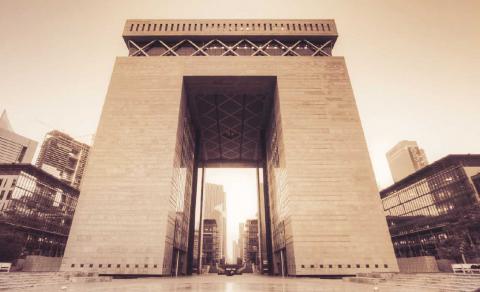MSCI Emerging Markets Upgrade for the UAE and Qatar: Likely Effects

The decision by MSCI to upgrade UAE and Qatar to Emerging Markets status from Frontier Markets status is likely to have profound, positive effects on domestic equity markets. The upgrade will cause the investor base in domestic equities to broaden widely and could significantly increase liquidity of domestic stocks, such as DP World.
There are several factors that will cause these positive effects - firstly, Exchange Traded Funds (ETFs’) that track indices are highly popular investment tools utilised by investors around the world, primarily in the United States and Europe. BlackRock, the world’s largest asset manager, operates 18 ETFs that track MSCI Emerging Markets under the iShares brand. The combined average daily trading volume of iShares’ Emerging Market ETFs exceeds $3 billion and combined assets under management exceeds $44 billion, which compares to only $11 million daily trading volume and $825 million under management for the single iShares equivalent Frontier Markets ETF. This means that constituency in the MSCI Emerging Markets countries should automatically create increased liquidity and a broader investor base for the UAE and Qatar.
This may be just the tip of the iceberg; many ETFs, Closed End Funds (CEFs’), Mutual Funds and other globally held investment products track countries defined as “Emerging Markets" by MSCI, S&P and Dow Jones compared to very limited holdings of “Frontier Markets” countries. Furthermore, many global institutions (such as foreign sovereign wealth funds, pension funds and endowments) have investment mandates, which define their maximum allocations to Emerging Markets, Frontier Markets and so on. These large institutional investors typically have much larger allocations to Emerging Markets than to Frontier Markets and rely on MSCI, S&P and Dow Jones to define which countries are “Emerging Markets".
With the broader and larger investor base that is caused by the MSCI upgrade, equities in the UAE and Qatar are likely to see greater average daily trading volumes, decreased average volatility, decreased gap risk, more resilience to internal and external shocks or black swan events and greater transparency. All of these market factors have the potential to improve overall domestic market efficiency.
One possible negative effect of the upgrade, however, is increased correlation to foreign equity markets; particularly other "Emerging Market" constituents.
Events in other Emerging market countries, even those with little relation to the UAE, may incite broad selloffs in emerging market assets and funds. For example, a catastrophe in a Latin American country that is also included in the MSCI Emerging Markets index could cause adverse trading activity in emerging market products that would include the UAE and Qatar. This, in effect, could depress domestic equity markets temporarily even if the foreign event has little or no effect on the UAE or Qatar.
That stated, it will likely be observed that the positive effects of the ‘Emerging Markets status upgrade’ have the potential to outweigh any negative effects.
